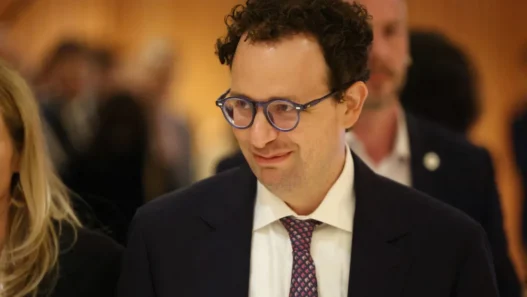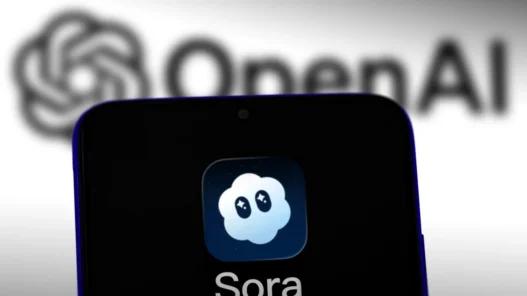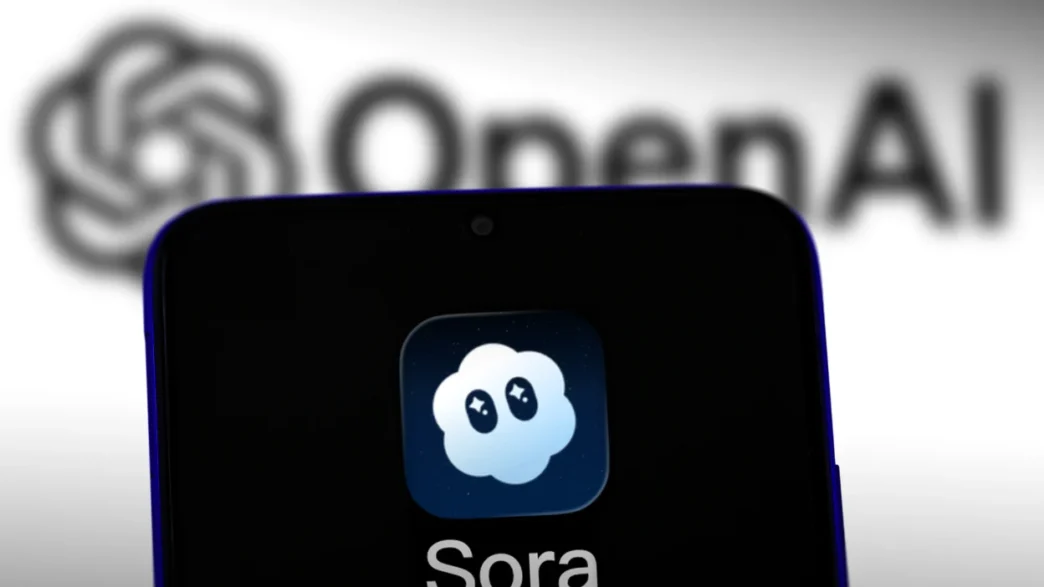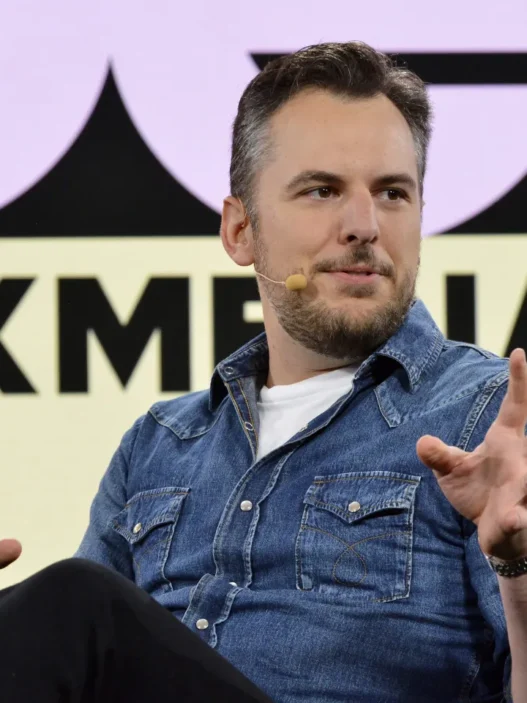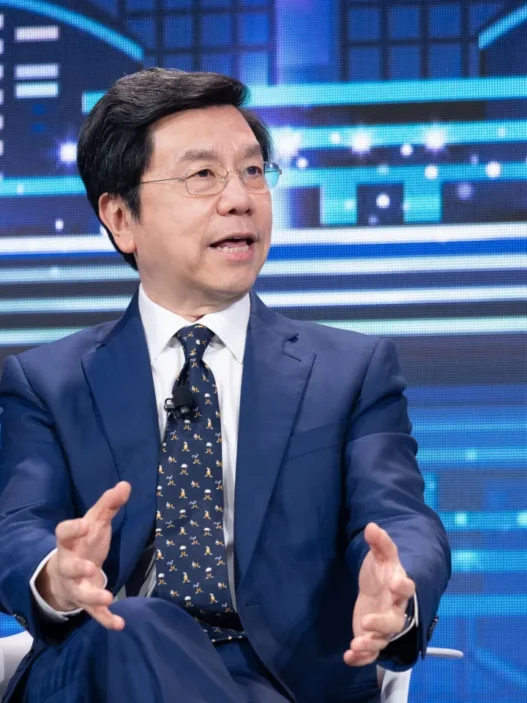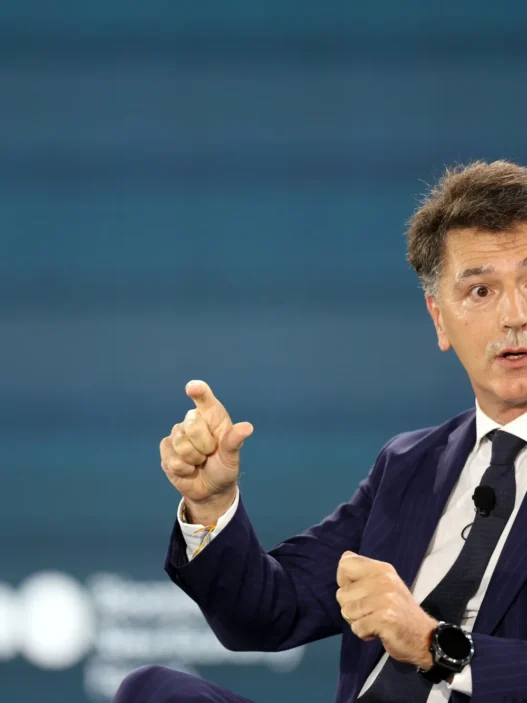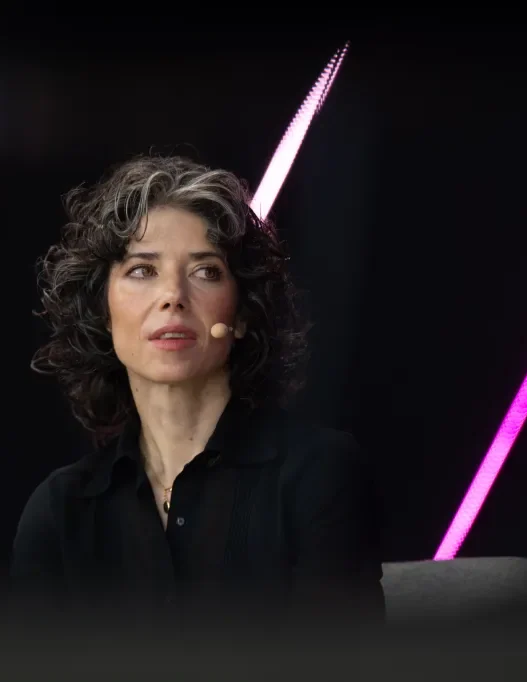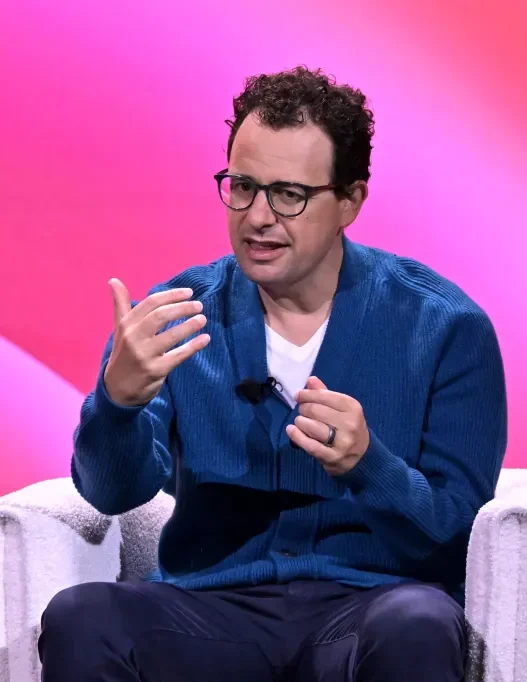OpenAI has temporarily paused the creation of AI-generated deepfakes depicting Martin Luther King Jr. on the Sora 2 app after users and civil rights advocates criticized the portrayals as “disrespectful and inappropriate.” The decision highlights the growing tension between AI-generated content, historical figures, and ethical boundaries in artificial intelligence applications.
Sora 2, a popular AI-powered content platform, allows users to generate realistic video and audio simulations of public figures. While the app has been praised for its entertainment and educational uses, its recent implementation of AI-generated depictions of Dr. King sparked a wave of controversy on social media and in news outlets.
“We recognize that some AI-generated content may cross ethical lines,” OpenAI said in a statement. “Out of respect for Dr. King’s legacy, we are pausing this feature while we work with experts to establish clear guidelines.”
What Happened on Sora 2
According to users, some AI-generated videos of Martin Luther King Jr. distorted his voice, gestures, or speeches, creating versions that appeared comedic, trivialized, or historically inaccurate. Critics said this misrepresented one of the most important figures in American history and risked normalizing disrespectful portrayals of civil rights leaders.
The feature was initially intended to bring historical figures to life for education and engagement, allowing students and content creators to simulate speeches and interactions. However, some users exploited the technology for satirical or sensationalized content, prompting public backlash.
The Ethical Debate Around AI Deepfakes
This incident is part of a broader conversation about AI ethics, consent, and digital representations of public figures, especially those who cannot provide consent. Key concerns include:
- Historical Misrepresentation – AI can generate content that distorts historical records, undermining public understanding.
- Exploitation of Legacy – Public figures like Dr. King carry cultural and moral significance that may be trivialized by casual AI use.
- Misinformation Risk – Deepfakes can be weaponized to spread false narratives or manipulated media.
- Emotional Harm – Misrepresentations can cause distress to communities connected to the historical figure.
Legal scholars note that while public figures cannot generally block depictions, the ethical responsibility of platforms and AI developers has become central to debates over content moderation.
OpenAI’s Response and Policy Considerations
In its statement, OpenAI emphasized that the pause is temporary and that the company is working with historians, ethicists, and civil rights groups to establish boundaries for AI-generated historical content. Key measures under review include:
- Restricting AI deepfakes to educational, non-commercial contexts
- Implementing moderation tools to prevent disrespectful or satirical misuse
- Clear labeling of AI-generated content to avoid confusion with authentic footage
- Developing advisory boards for historical and cultural sensitivity
OpenAI’s CEO Sam Altman has previously spoken about the ethical challenges of AI content, particularly in scenarios involving individuals who cannot consent to depictions.
The Role of Sora 2
Sora 2, developed by a small but rapidly growing AI studio, has faced similar criticism for deepfakes of celebrities and political leaders. While the app emphasizes creativity and learning, this incident illustrates the unintended consequences of AI democratization, where advanced technology becomes accessible to the general public without built-in ethical safeguards.
Experts suggest that this pause could lead to industry-wide policy changes, with AI platforms creating blacklists or restrictions for sensitive historical figures and events.
Community and Public Reactions
Civil rights organizations, educators, and social media users praised the decision, calling it a responsible step in the right direction:
- The King Center issued a statement:
“Dr. King’s legacy should inspire justice, equality, and truth—not be misused for entertainment or trivial purposes. We welcome OpenAI’s decision to pause these depictions.”
- Social media users expressed support, highlighting concerns that unchecked AI could normalize disrespect toward cultural icons.
Some critics, however, raised questions about where the line should be drawn, asking if AI-generated content could ever ethically simulate historical figures for creative or educational purposes.
Implications for AI Development
This episode underscores several emerging trends in AI:
- Content Moderation Challenges – AI platforms must balance user creativity with ethical boundaries.
- Historical Sensitivity – Tools that simulate real individuals, particularly influential leaders, require careful cultural and moral evaluation.
- Regulatory Pressure – Lawmakers are increasingly scrutinizing AI platforms for misuse of deepfakes, misinformation, and digital impersonation.
- Transparency and Consent – Future AI applications may require clear disclosure and ethical oversight, particularly for deceased figures.
Analysts say this incident could serve as a case study for the responsible use of AI in media, education, and entertainment.
Looking Ahead
OpenAI has not provided a timeline for when the Sora 2 deepfake feature may return, but the company stressed its commitment to respectful, responsible, and educational AI use. Meanwhile, the incident has ignited a broader conversation about how AI should interact with history, culture, and public memory.
“AI is incredibly powerful,” Altman said in a prior interview. “But power comes with responsibility—especially when dealing with figures who shaped our society. This is a moment to pause, reflect, and implement safeguards before moving forward.”
As AI technologies become more sophisticated and widespread, the debate around historical deepfakes is likely to intensify, influencing policies, platform guidelines, and public perception. OpenAI’s temporary pause may mark an early precedent for the ethical boundaries of AI-generated content in cultural and historical contexts.


